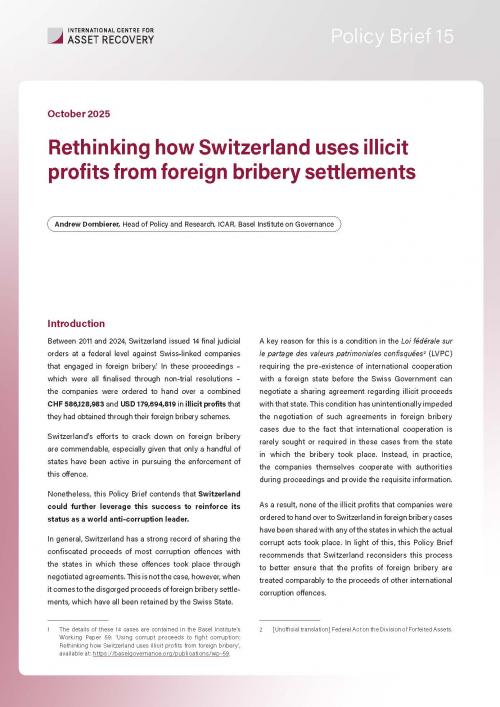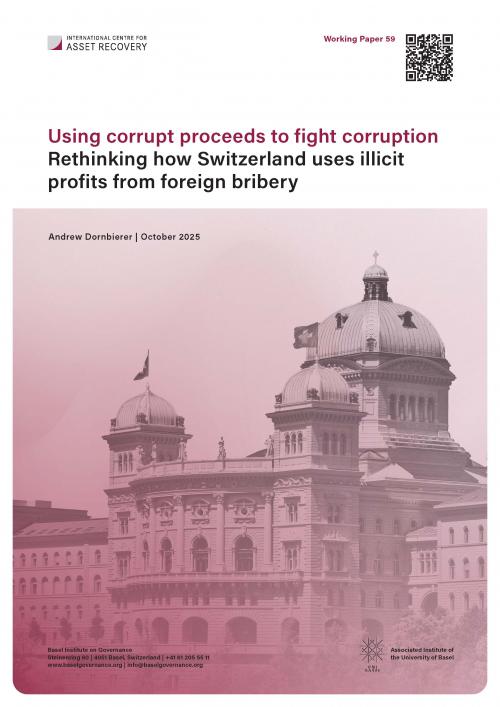A Comparative Guide to Anti-Money Laundering: A Critical Analysis of Systems in Singapore, Switzerland, the UK and the USA
All the major financial centres have experienced a rise in anti-money laundering rules and regulations. Initially, anti-money laundering laws were used as a weapon in the war on drugs, whilst more recently they have been deployed in the ongoing fight against terrorism. These developments, the authors reveal, have had serious consequences for banks and other financial institutions – affecting not only profit margins but also the way in which business is conducted.
Topical and pertinent issues addressed in this book include questions such as, has all the recent legislative activity really put a stop to the problem? Are the international rules being implemented as carefully as they should? How level is the playing field in cross border banking?
The regimes and implementation of anti-money laundering laws and regulations of four major, cross border, financial centres are also examined in depth: Switzerland, Singapore, the UK, and the USA. Going beyond the purely descriptive, there are comparative analyses of these countries against existing international standards – with illuminating results.
This new book is full of original insight and analysis and will be an invaluable resource for lawyers, both scholarly and practitioner based, with an interest in economic crime as well as policymakers and compliance officers within banks and other financial institutions.



